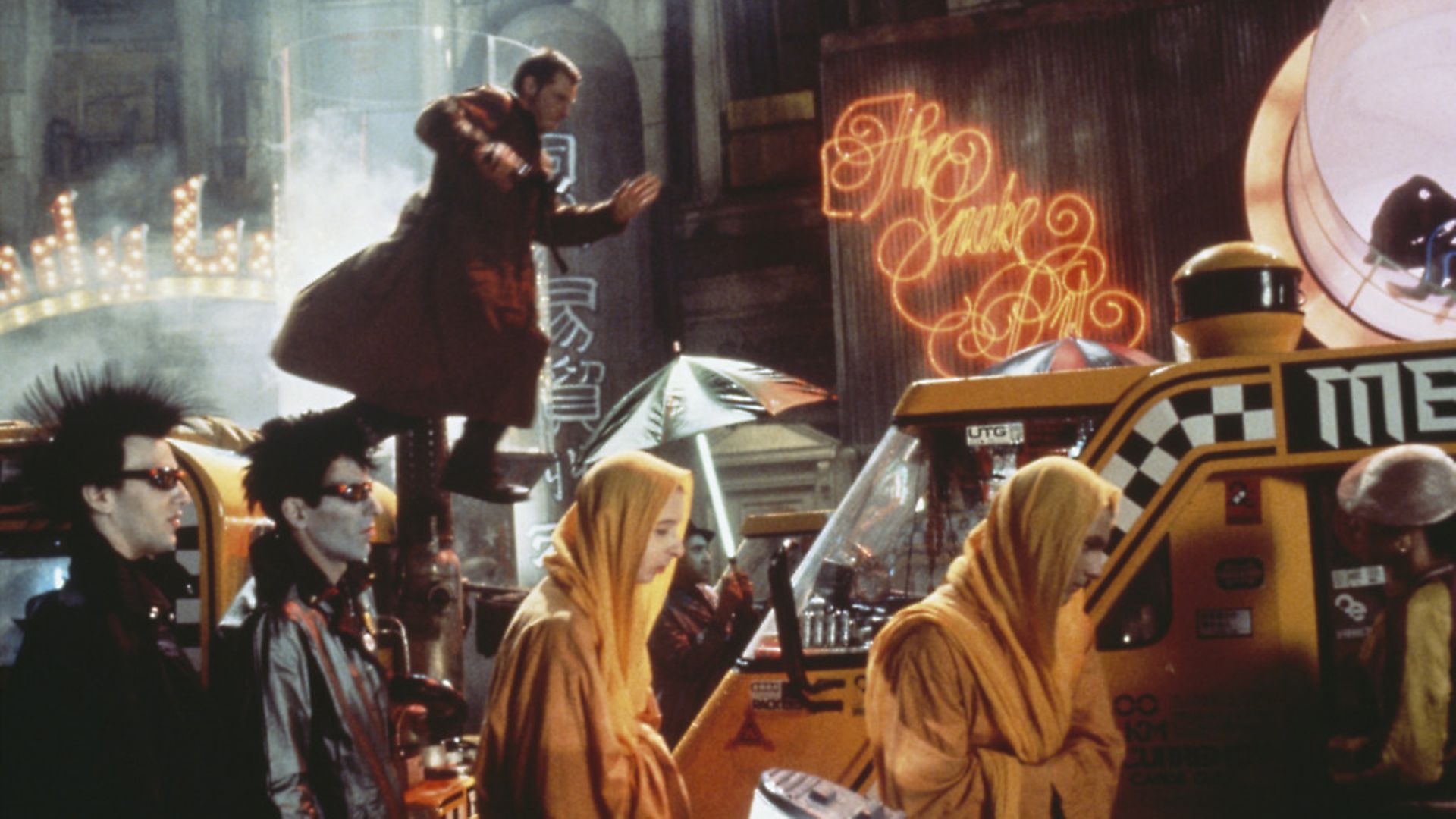
The effect of time dragging through the pandemic is another indication of how we no longer see progress as inevitable or incremental, says WILL SELF.
Time, eh – it just keeps on slipping, slipping, slipping into the future, as the Steve Miller Band so percipiently observed in their 1976 chart-topping ditty, Fly Like an Eagle. At least that’s one obvious function of the renewed national lockdown: time – understood as our experience of duration – has begun to drag again, while the future has become a dusty attic in which we’ve dumped all those things we’re unable to do in the present, such a visiting other places, socialising with friends or family, or enjoying any number of cultural pursuits. The French philosopher, Henri Bergson, identified our problem with time as being our tendency to think of it by analogy with space – this explains why Zeno’s paradoxes trouble us so: we too, halve the time to the next big event, halve it again, and again – and so never arrive at the moment when lockdown ends. Or at least we feel this way if we equate our own experience of duration solely with clock-time – and this explains why clock-watching (or calendar observing for that matter), can induce in us the most appalling sense of stasis.
Some, of course, embrace the distinction between the psychological experience of time passing, and its objective clockwork correlates. I always deeply admired the character of Dunbar in Joseph Heller’s novel, Catch 22. In common with the other US airmen in the novel, Dunbar faces the deranging prospect of his own imminent annihilation on one or other futile bombing mission; but unlike them, he doesn’t seek a way our spatially by deserting or malingering. Rather, he escapes temporally, by the simple psychological act of cultivating boredom. Reasoning that every hour he lives through bored lasts exponentially longer than those in which he is interested, Dunbar extends his life expectancy – even in the thick of a war zone – by wallowing in torpor and ennui.
As I’ve had cause to remark before: the martial metaphors beloved of those charged with public health campaigns are both spurious and counter-productive. If we’re engaged in a ‘war’ with the coronavirus – a weapons race, indeed, between its ability to mutate and ours to develop and deliver effective vaccines – then it’s one in which the bulk of us have no choice but to be pacifists: ‘Stay At Home!’ The electronic signboards blazon – which is hardly on a par with ‘Your Country Needs You’. Under such circumstances even the most focussed and productive individuals could be forgiven for questioning the significance of their work. Even if we produce something deemed essential – or provide an equally important service – removed from the commonweal, and labouring in our darkened rooms, our faces eerily illuminated by our computer screens, it’s hard keep an eye on the main chance, which, together with time itself, keeps on eluding our grasp.
And if the relationship between duration and clock time has become confused for us at a personal level – how much worse is it at the collective one? It’s a truth universally acknowledged that science fictions of both the distant and the near future are always really about now. Back in the 1940s and 50s when technological advance – despite the Holocaust and Hiroshima – was still viewed as an unmitigated good, all such fabulists saw were the shiny and the modern. So it was that the worlds they invented were also shiny and modern. Arthur C Clarke’s 2001 represented the apogee of this: a cosmos full of wipeable surfaces in which humans – albeit menaced by maverick computers – travelled at great speed into the mystical awareness that their progress was ordained by benign aliens.
But fast-forward a few short years to Ridley Scott’s Alien (1979), then a little further still to his Blade Runner (1982), and we have a very different picture of a near future that’s now in the past: this is a world (or worlds) in which technological developments are discontinuous, such that the old, the dirty, the stained and scumbled, exists alongside all sort of magical-seeming gizmos – such as space ships and astoundingly lifelike cyborgs. In the Los Angeles of 2019 as depicted in Blade Runner, an Asian wet market is the promiscuous environment within which the suggestively named ‘replicants’ run amok. Really, Scott’s masterwork represents the point at which – at the level of all humanity, or at least those punching the clock – our experience of duration began to be reasserted: we stopped seeing progress as inevitable and digitally incremental, and began living through some rather uncomfortable and protracted moments.
We remain in one of them to this day; while Matt Hancock addresses us every evening at more or less the same hour, reassuring us that there’s no need to dip our pocket watches in the tea – all we have to do is sit tight, and time will recover from the furious beating we’ve been giving it. I have to say, I’d find this a lot more believable if he didn’t look so very much like… a dormouse.










